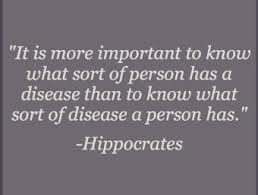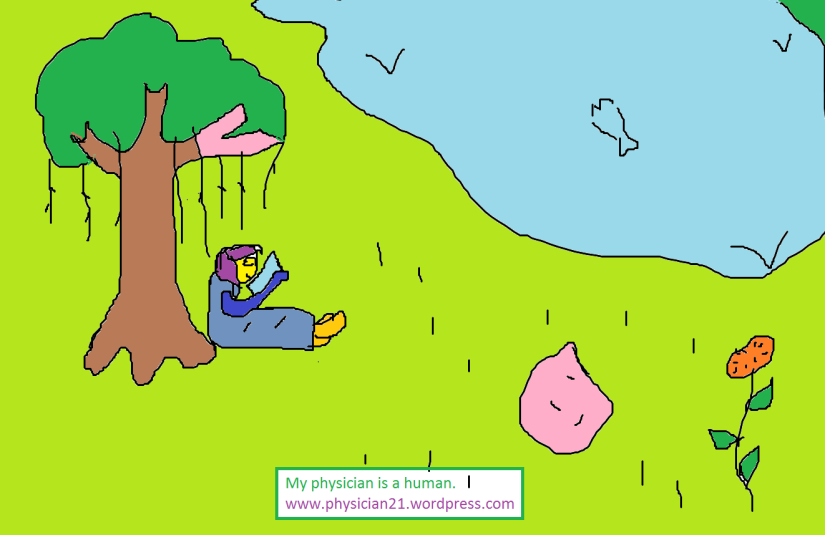
As it seems to be a pressing need by humans to credit somebody with the emergence of some discipline or art, we have got many fathers: Geber of chemistry, Socrates of philosophy, Lavoisier of modern chemistry, Mendel of genetics, Alhazen of optics, Einstein of modern physics, and so on.
For medical students and practitioners, Hippocrates deserves special interest, because he is credited with the founding of the western school of medicine. Very interesting is that the father of modern medicine lived in the fifth century before Christ (460- 370 BC). The medical genius was born in the Greek island of Cos. Though the well appreciated medical texts found by that time were not only those written by Hippocrates, the honor gave to Hippocrates was not almost certainly a matter of chance. Accordingly, there could be other important physicians that helped in the establishment of a fine medical intuition as can be shown by good observation and cause-effect rationale, among which Hippocrates should have been the most eminent.
Before we go on to the astonishments of Hippocrates as the credited father of medicine, I wish to throw some light on his name that should be an old Greek word. As the name means horse power; ιππος (hippos) “horse” and κρατος (kratos) “power”, this would present an interesting proof about how one could be blessed by the meaning of the name he/she bears.
Hippocratic face, clubbing of fingers and Hippocratic bench are a few of the impressing medical contributions that are attributed to Hippocrates. The amazement seen in Hippocratic medical genius originates in the school he followed that regarded disease as a mere bodily phenomenon that is totally amenable to observation, interpretation, forecasting and treatment apart from magic or spirits (superstition). Such a medical school may have been several centuries ahead of its time as that myth-imparted picture of disease was not almost completely debunked until the 19th century (the urea synthesis by Wӧhler, the vaccination by Jenner and the germ theory of disease by Koch) and the 20th century (the discovery of antibiotics by Fleming).
Hippocrates’ fine medical intuition caused him to largely dispense with “the specific diagnosis”, when basic medical knowledge and research tools were lacking in that time and to adopt gentle and general rules in the medical care (a prognosis-oriented generalized therapy relying on the healing power of nature – “vis medicatrix naturae” in Latin) that suit a generalized diagnosis. For example, he generally avoided using drugs and specialized treatment except in certain occasions and gave great attention to patients’ hygiene, nourishment, exercise, rest and positioning.
Francis Adams describes Hippocrates as “strictly the physician of experience and common sense.” While Fielding Garrison says “He is, above all, the exemplar of that flexible, critical, well-poised attitude of mind, ever on the lookout for sources of error, which is the very essence of the scientific spirit.”
* This essay was written based on internet searches.

